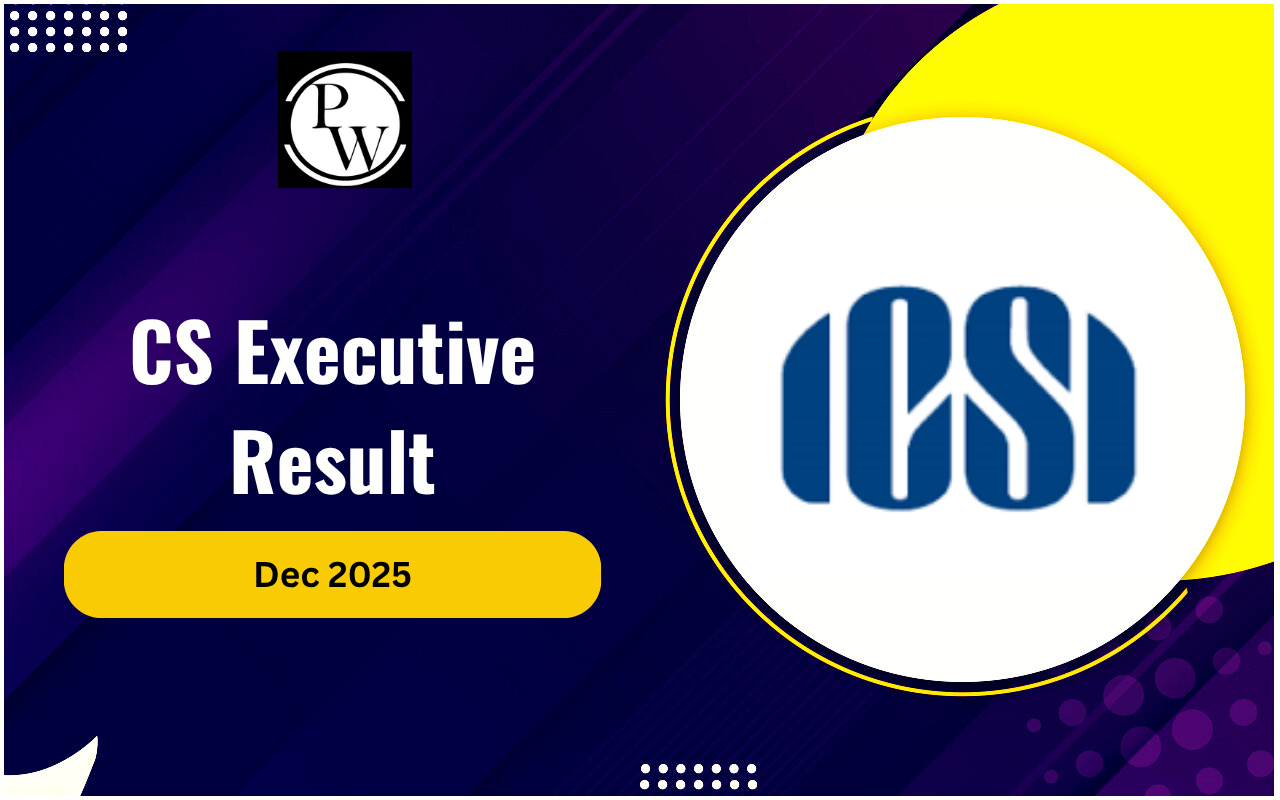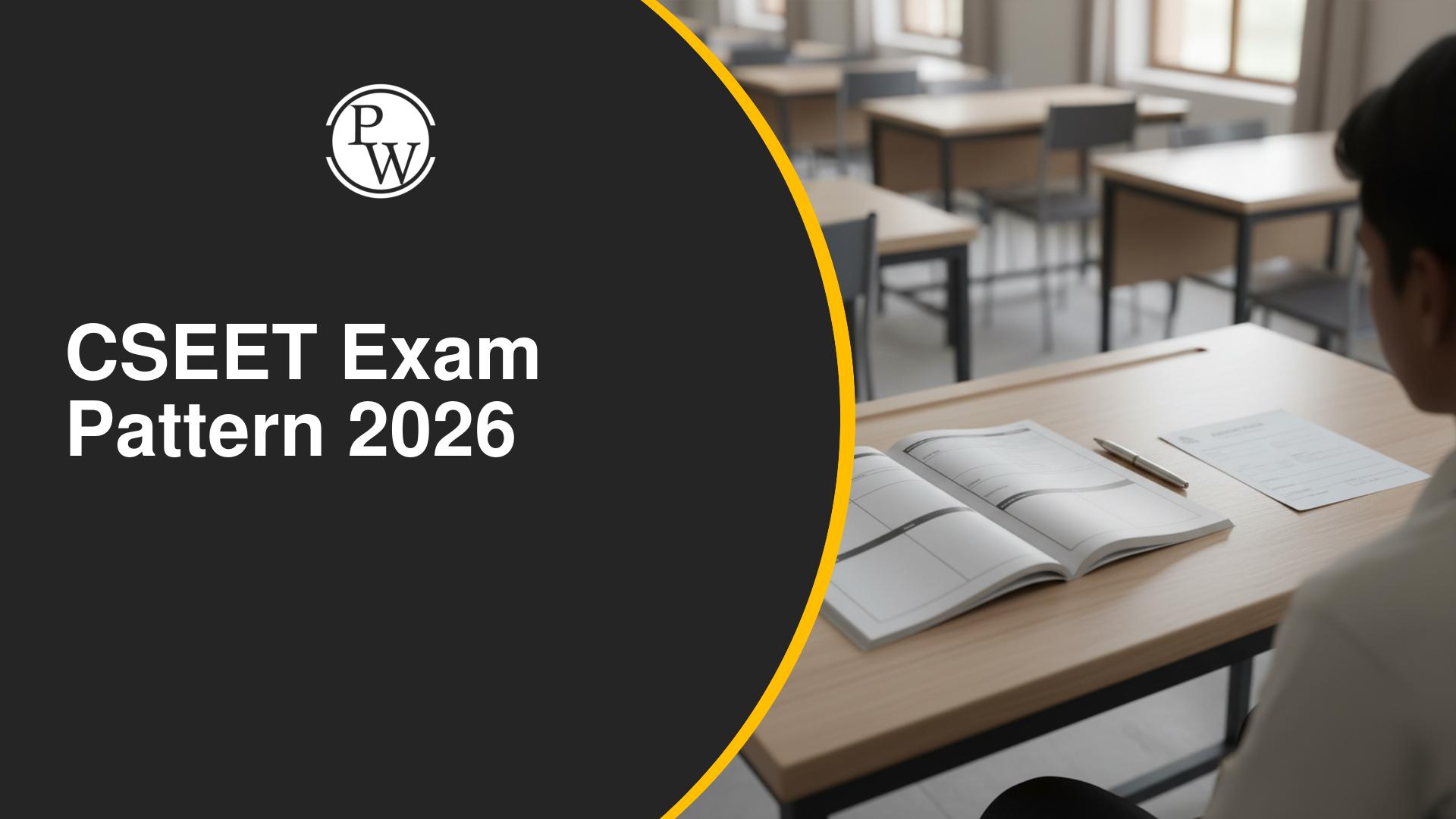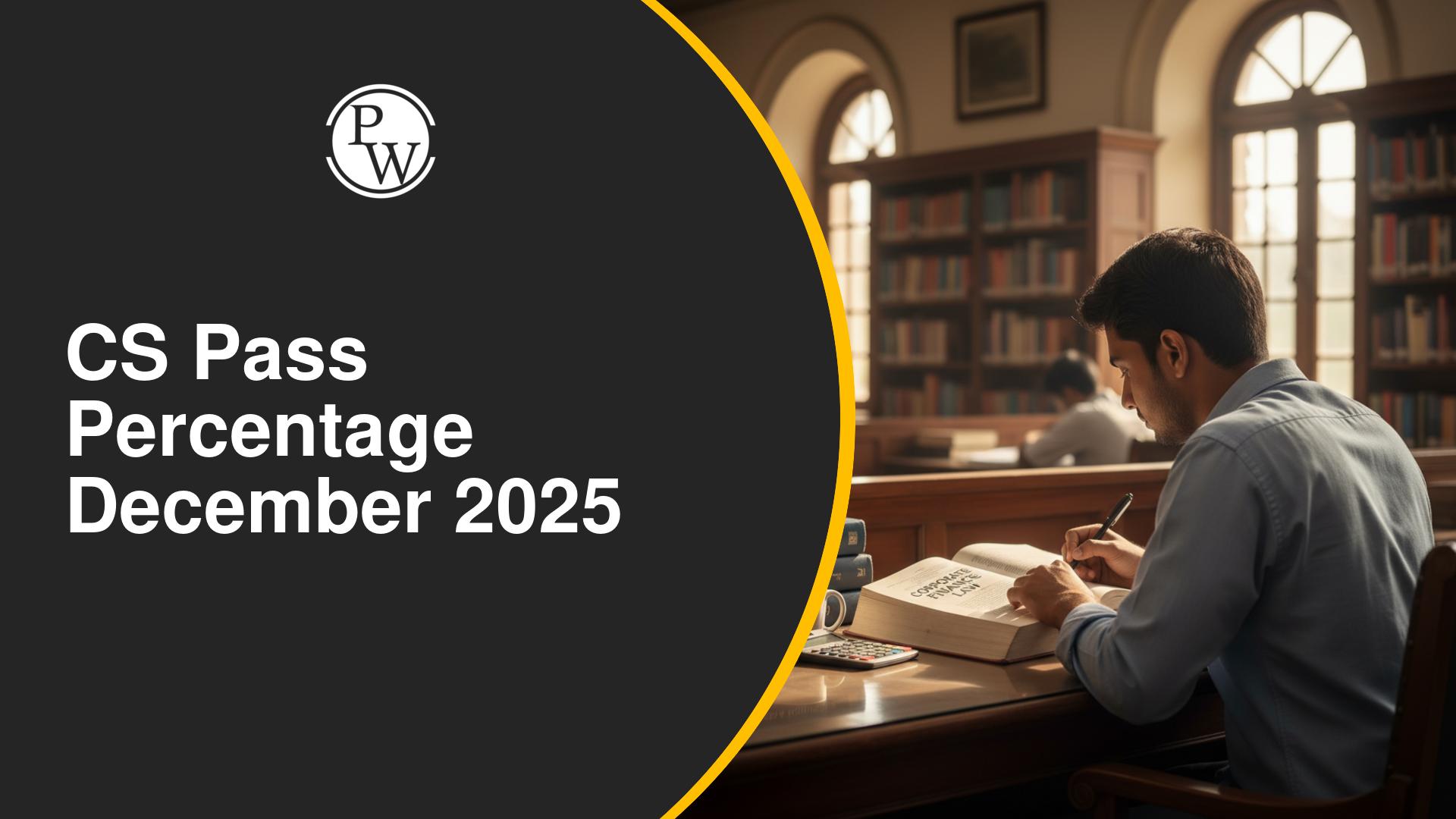
The Indian Evidence Act, of 1872, serves as the cornerstone for ensuring fairness and accuracy in the Indian legal system. It establishes the rules for presenting evidence in court, ensuring that only relevant and reliable information is used to determine the truth in a case. This article delves into the core principles enshrined in this vital piece of legislation for CS Exams .
Indian Evidence Act, 1872
Enacted in 1872, the Indian Evidence Act governs the admissibility of evidence in courts of law throughout India. It outlines the types of evidence that can be presented, the circumstances under which they are admissible, and the weight courts should give to different kinds of evidence. The Act aims to ensure that:- Only relevant evidence is presented: Irrelevant information can cloud the court's judgment and distract from the facts at hand.
- Evidence is reliable: The Act lays down rules to ensure evidence is trustworthy and not fabricated or misleading.
- Both parties have a fair chance to present their case: The Act establishes procedures for both sides to introduce evidence and challenge the other side's evidence.
Scheme of the Indian Evidence Act
The Indian Evidence Act is divided into five parts, each dealing with a specific aspect of evidence:- Part I: Relevancy of Facts (What evidence is relevant to the case?)
- Part II: Of the Proof (How to prove facts?)
- Part III: Production of Documents (How to present documentary evidence?)
- Part IV: Witnesses (How to examine witnesses?)
- Part V: Affidavits (How to use written statements as evidence?)
Also Check: Sources of Law, Primary and Secondary Sources
Relevance of Facts Connected with the Fact to be Proved
One of the central themes of the Act is relevance. The Act outlines various situations where facts are considered relevant to the case at hand. These include:- Facts that form part of the same transaction.
- Motives, preparation, and subsequent conduct of a party.
- Facts explaining the existence of a thing or state of affairs.
- Similar facts to prove or disprove a fact in issue.
Statements about the Facts to be Proved
The Act generally restricts the admissibility of hearsay evidence – statements made by someone other than the witness in court about what they heard or saw. However, there are exceptions, such as:- Dying declarations: Statements made by a person who believes they are about to die.
- Res gestae: Statements that are part of the transaction itself and considered spontaneous and reliable.
- Admissions by a party to the proceeding.
Opinion of Third Persons When Relevant
Expert opinions can be crucial in certain cases. The Act allows for the admission of opinions of experts when:- The person possesses special knowledge or experience on the subject matter.
- The opinion helps the court understand facts not readily comprehensible by a layperson.
Facts of Evidence Cannot be Given (Privileged Communications)
The Act recognizes certain communications as privileged, meaning they cannot be presented as evidence in court. This protects confidentiality and encourages open communication in specific relationships, such as:- Lawyer-client communication
- Husband-wife communication
- Doctor-patient communication (with exceptions)
Oral, Documentary and Circumstantial Evidence
The Act recognizes three main types of evidence:- Oral Evidence: Statements made by witnesses in court.
- Documentary Evidence: Written documents or other physical objects.
- Circumstantial Evidence: Facts that indirectly suggest the existence of another fact.
Presumptions
The Act allows courts to presume certain facts based on established principles or experience. These presumptions can shift the burden of proof, requiring the other party to prove otherwise. Examples include:- Presumption of death after seven years of disappearance.
- Presumption of legitimacy of a child born during wedlock.
Estoppel
The doctrine of estoppel prevents a party from denying something they have previously asserted or acted upon if such denial would cause injustice to the other party. For example, if someone accepts the benefits of a contract, they cannot later claim the contract is invalid. Enhance your career with PW Company Secretary courses. Enroll now at PW to gain expert knowledge, and practical skills, and excel in your professional journey. Start today!Indian Evidence Act FAQs
What is the Indian Evidence Act, 1872?
The Indian Evidence Act, 1872, establishes rules for presenting evidence in Indian courts, ensuring fairness and accuracy in legal proceedings.
What are the main parts of the Indian Evidence Act?
The Act is divided into five parts, covering relevancy of facts, proof, production of documents, examination of witnesses, and use of affidavits.
What types of evidence does the Act recognize?
The Act recognizes oral, documentary, and circumstantial evidence, each playing a role in establishing facts in a case.
What are some examples of privileged communications under the Act?
Privileged communications include lawyer-client, husband-wife, and doctor-patient communications, protected from being presented as evidence in court.
How does the Act deal with presumptions and estoppel?
The Act allows courts to presume certain facts based on principles or experience and prevents parties from denying assertions or actions that would cause injustice to others through estoppel.
Talk to a counsellorHave doubts? Our support team will be happy to assist you!

Check out these Related Articles
Free Learning Resources
PW Books
Notes (Class 10-12)
PW Study Materials
Notes (Class 6-9)
Ncert Solutions
Govt Exams
Class 6th to 12th Online Courses
Govt Job Exams Courses
UPSC Coaching
Defence Exam Coaching
Gate Exam Coaching
Other Exams
Know about Physics Wallah
Physics Wallah is an Indian edtech platform that provides accessible & comprehensive learning experiences to students from Class 6th to postgraduate level. We also provide extensive NCERT solutions, sample paper, NEET, JEE Mains, BITSAT previous year papers & more such resources to students. Physics Wallah also caters to over 3.5 million registered students and over 78 lakh+ Youtube subscribers with 4.8 rating on its app.
We Stand Out because
We provide students with intensive courses with India’s qualified & experienced faculties & mentors. PW strives to make the learning experience comprehensive and accessible for students of all sections of society. We believe in empowering every single student who couldn't dream of a good career in engineering and medical field earlier.
Our Key Focus Areas
Physics Wallah's main focus is to make the learning experience as economical as possible for all students. With our affordable courses like Lakshya, Udaan and Arjuna and many others, we have been able to provide a platform for lakhs of aspirants. From providing Chemistry, Maths, Physics formula to giving e-books of eminent authors like RD Sharma, RS Aggarwal and Lakhmir Singh, PW focuses on every single student's need for preparation.
What Makes Us Different
Physics Wallah strives to develop a comprehensive pedagogical structure for students, where they get a state-of-the-art learning experience with study material and resources. Apart from catering students preparing for JEE Mains and NEET, PW also provides study material for each state board like Uttar Pradesh, Bihar, and others
Copyright © 2026 Physicswallah Limited All rights reserved.









